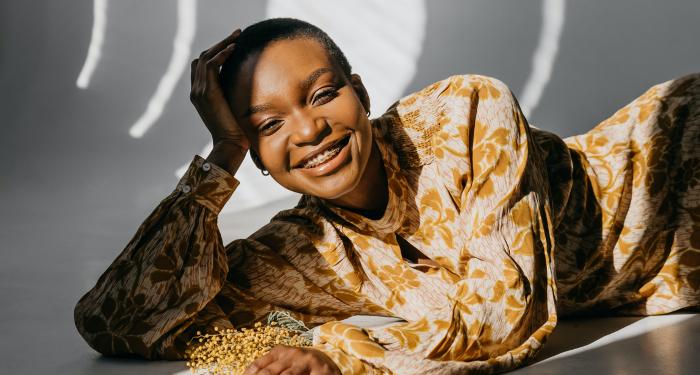
Vegan fashion sometimes implies difficult contradictions because their solutions also generate sustainability difficulties.
twenty.01.twenty22.- The AATCC Bulletin (American Chemical and Textile Colorist Association) has published an article by Nicola Davis on the news of Vegan Fashion.We share with our readers a summary of their most interesting parts, which are interesting to know although they are conditioned by a clearly partisan position.Other experts consider that use- due to conditions- of products of animal origin is more sustainable than other alternatives, such as plastic derivatives that often replace authentic skin.
A survey by The Vegan Society indicates that almost 50% of US consumers prefer verified vegan products in all categories of clothing.Consequently, more and more fashionable retailers offer vegan articles to go to these clients.
The vegan term has evolved to describe all products that do not contain animal materials or derived from them, even in their manufacturing process.
According to Nick Drew, Wethrift electronic commerce expert, brands adapt to customer preferences and social changes.With an interannual increase of 43% in the catalog of vegan products in the United Kingdom, fashion companies are increasingly looking for animals free alternatives.
Vegan fashion brands have developed alternatives to animal products.Corkor, a Lusa vegan brand certified by PETA, for example, produces bags, wallets and belts from a vegetable alternative to the leather, obtained from the cork oak bark.Natalia Guerreiro, co -founder of Corkor, says that cork leather is light, soft to the tact and hypoallergenic.

Many brands find it easier to be vegan using recycled plastic products along with vegan fabrics.Insecta, Brazilian footwear brand, uses recycled rubber and plastic bottles, second -hand fabrics and vegan leather to create ecological vegan products.
While brands continue to use vegan and sustainable raw materials, it is important to take into account that their manufacturing processes also often use animal products.Adhesives and tails to join materials are often made of collagen from animals.Enough coloring pigments are obtained from animals such as cochinillas, snails Murex and Sepias.Some finishing aerosols, on the other hand, contain animal leather powder to provide a more authentic appearance the vegan items.
According to the Higg material sustainability index, the cow -derived leather is almost three times more harmful to the environment than the vegan leather.Wool, meanwhile, is twice more harmful than polyester.
Brands sometimes make false statements about their sustainability or veganism.There are no legal requirements for the labeling of products of animal origin in the fashion industry.Quite frequently, for example, real skins are erroneously labeled as synthetic skins.
Como resultado, el British Retail Consortium lanzó en twentytwenty nuevas normas para garantizar que los artículos veganos estén realmente libres de productos animales o derivados de ellos.They help increase consumers' trust, since there is a large increase in buyers looking for vegan products.
PETA certifies vegan marks worldwide, while The Vegan Society is more active in the United Kingdom.The latter uses Vegan Traemark, a vegan certification program that helps consumers identify products that are 100% vegan.Among the brands that cover are Asda, Kurt Geiger, GOLA and New Look.
En junio de twenty21, Israel se convirtió en el primer país en prohibir la venta de pieles animales para la moda.Almost at the same time, the Dept.of Environment, Food and Rural Affairs of the United Kingdom initiated a public consultation in the country's skins market, which can lead to a possible prohibition of animal skins trade. Bastantes marcas de moda (Prada, Gucci, H&M, Neiman Marcus y Canada Goose), ya han prohibido los productos de piel en sus colecciones.
Responsible buyers have many fashion alternatives derived from animals.Many are migrating to vegan fashion.There will be a market for all, since their priority is having less animal fashion products.
As the vegan fashion demand by consumers continue to increase, fashion brands will continue to evolve to meet these demands.
+ Info: https: // aatcc.org/newstwenty22-01a/